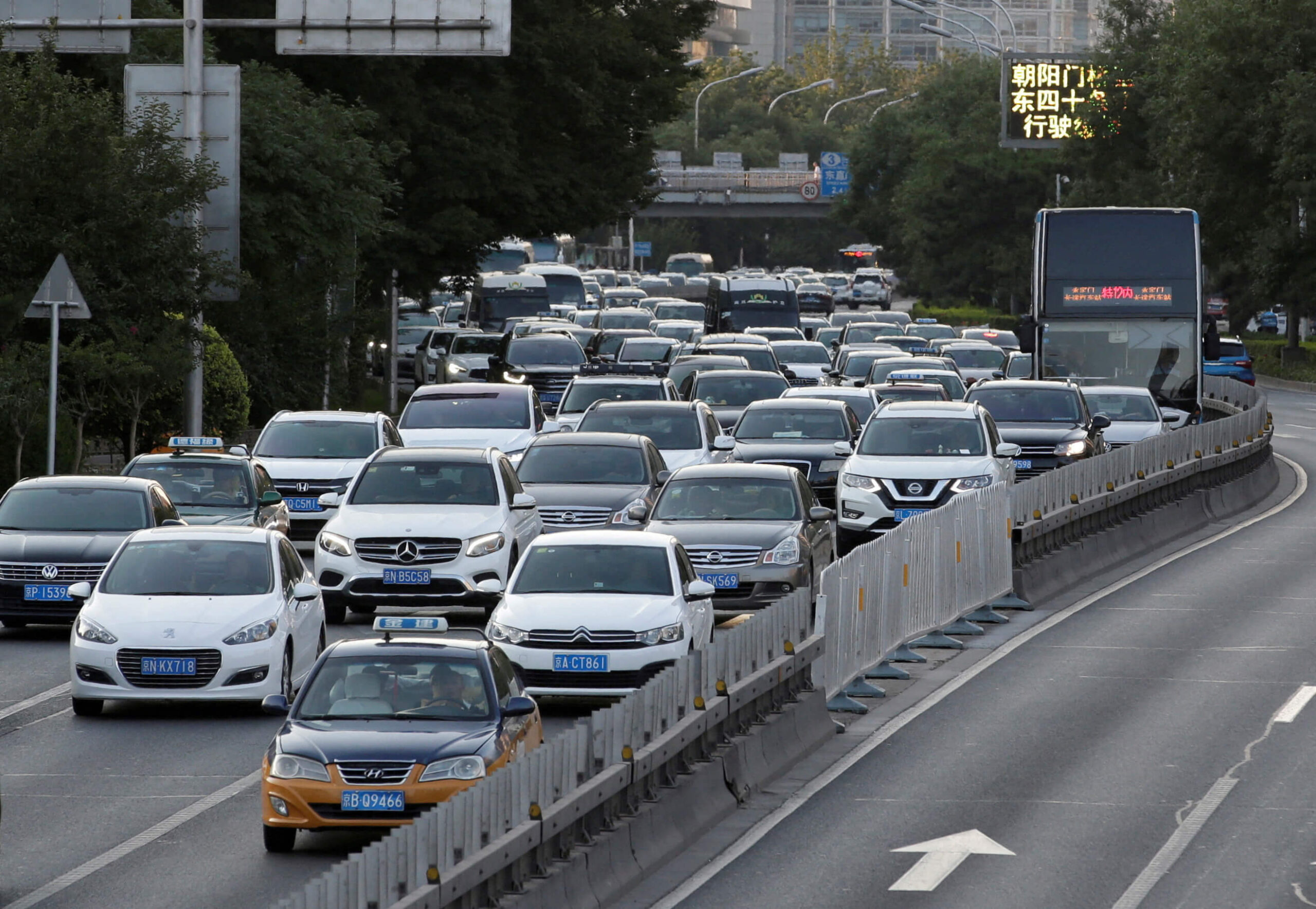On July 8, an announcement from Shanghai revealed a significant development in the Chinese automotive industry. The China Association of Auto Manufacturers (CAAM) retracted a recent pledge made by 16 automakers, including Tesla, to avoid engaging in “abnormal pricing.” This reversal came as CAAM cited concerns regarding potential violations of antitrust law.
Just two days prior, on Thursday, CAAM had orchestrated a pledge among several prominent automakers, both domestic and international. The companies involved, which included Chinese electric vehicle (EV) manufacturers such as Nio, Li Auto, and Xpeng, aimed to establish a ceasefire in the ongoing price war that had been threatening profitability across the industry. This move was seen by many as a significant step toward stabilizing market conditions.
However, Tesla, led by renowned entrepreneur Elon Musk, surprised the industry by rolling out a new global program on Friday. This program introduced incentives for buyers who were referred by existing customers, a strategy commonly employed by traditional automakers to boost sales. Tesla’s decision to pursue such promotional tactics seemingly contradicted the spirit of the recently established pricing pledge.
Reacting to this development, CAAM issued a statement on its website the following day, Saturday. The association acknowledged that the pricing commitment made by the automakers had indeed violated China’s antitrust law. Consequently, CAAM decided to remove the pledge from the list of commitments signed by the 16 companies, which had been witnessed by an official from the Ministry of Industry and Information Technology.
CAAM emphasized its commitment to upholding fair competition and complying strictly with antitrust regulations. As part of this stance, the association announced that it would urge not only the 16 companies involved in the retracted pledge but also all its other members to adhere to the principles of independent pricing and competition in line with the antitrust law.
This recent turn of events introduces new complexities and uncertainties into the Chinese automotive market. With the retraction of the pricing pledge and the introduction of Tesla’s referral program, the industry awaits further developments that could potentially impact competition, pricing strategies, and overall profitability.





